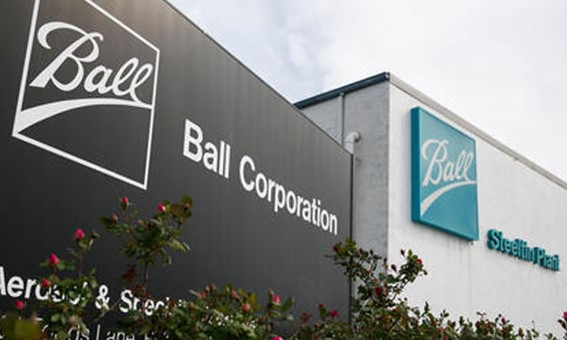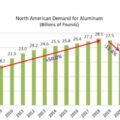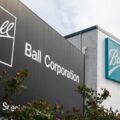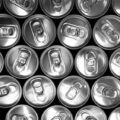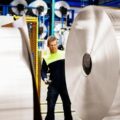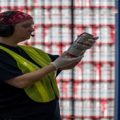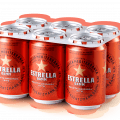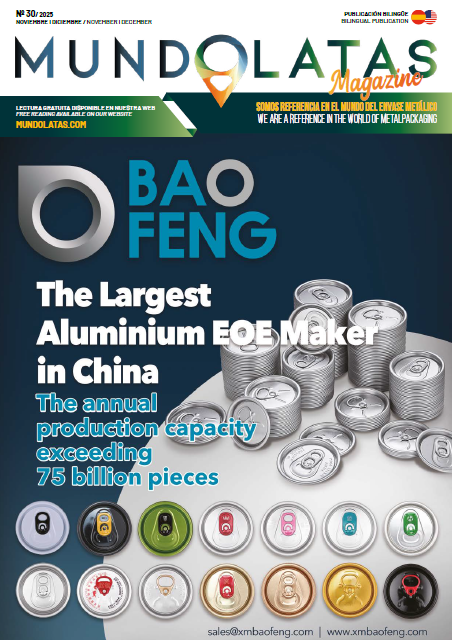The U.S. company Ball Corporation, during its latest quarterly results conference, announced that it will boost demand for aluminum cans in the second half of the year in preparation for the World Cup in Qatar, which will take place at the end of the year. The U.S. firm also announced that it will develop a plant for these containers in Peru that will begin operations in 2023.
Prior to the new production start-up in EMEA, imports from the company’s joint venture beverage can manufacturing plant in Saudi Arabia supplemented existing production capacities throughout Europe during the aforementioned quarter.
Second quarter 2022 results reflected lower undistributed corporate expenses as well as higher demand for aluminum cups in the retail and foodservice channels, resulting in a volume growth of 11.3 percent for extruded aluminum aerosol cans and volume growth of 51.7 percent at the other non-reportable beverage can manufacturing facilities where some production is exported to support such demand.
“Business execution, being good stewards of our cash and controlling the things we can control in today’s global economic and geopolitical environments is key. Our company’s resilience, financial strength, recession-resistant business portfolio and low cost of capital continue to provide stability, optionality and opportunities for long-term growth. We remain well positioned for medium- and long-term growth and to return significant value to shareholders through share repurchases and dividends,” said Scott C. Morrison, executive vice president and chief financial officer.
However, the company’s global aluminum aerosol customers continued to look for next-generation lightweight, sustainable personal care packaging solutions, including the company’s Infinity aluminum bottle and refillable aluminum bottles for new categories.
“We will continue to actively manage our businesses through the lens of EVA and sustainability. Throughout our 142-year history, we have remained nimble and successfully weathered numerous periods of economic volatility and its associated effects. Through our ability to offset inflationary costs over time, achieve higher returns on invested capital, leverage sustainability and enable supply chain partnerships to support the continued shift from blending to aluminum packaging, as well as to meet the growing demand for our critical aerospace technologies and environmental intelligence, we expect to achieve our long-term diluted earnings per share growth objective over time and return even more value to shareholders. “Fisher concluded.
Comparable second quarter comparable segment operating profit improved compared to the same period in 2021 and reflects segment volume growth of 7.7 percent and a favorable specialty mix offset by $9 million unfavorable currency translation and the impact of supply chain tightness and inflation across the region. The packaging mix shift to aluminum cans continues and the mix of specialty cans remained above 60 percent.

